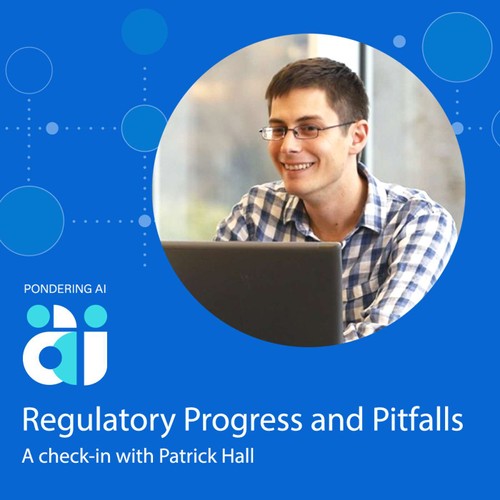
 Pondering AI
Pondering AI Regulatory Progress & Pitfalls w/ Patrick Hall
11 snips
Dec 6, 2023 Patrick Hall discusses the evolving state of AI regulations, consumer awareness, and education. He highlights notable developments in the regulatory landscape, explores the dangers of generative AI, and emphasizes the importance of safety in AI-enabled tools. He also addresses the challenges of relying on AI systems and provides key elements for implementing AI technologies in regulated industries.
Chapters
Transcript
Episode notes
1 2 3 4 5
Introduction
00:00 • 2min
Increased Awareness of AI and the Perils of Generative AI
01:46 • 2min
Exploring Incidents and the Importance of Safety in AI-enabled Tools
04:09 • 4min
The Challenges of Relying on AI Systems
07:42 • 8min
Key Elements for Implementing AI Technologies in Regulated Industries
15:51 • 4min
